Beyond Simple Blooms: Discovering the Meanings Behind Egyptian Flowers
The practice of giving flowers stretches further back than one might first assume. Even the act of affectionately giving a bouquet to a loved one is mirrored by centuries-old civilizations.
Even then, there was a language to flowers with each bloom holding a different meaning. For example, the red hibiscus denoted youth and beauty in ancient Egypt and the lily symbolized glory in ancient Rome.
Floriography, the language of flowers, is still very much alive today all over the world. Each of Egypt’s flowers have meanings rooted in both history and modern times that one may not expect.
The Lotus Flower
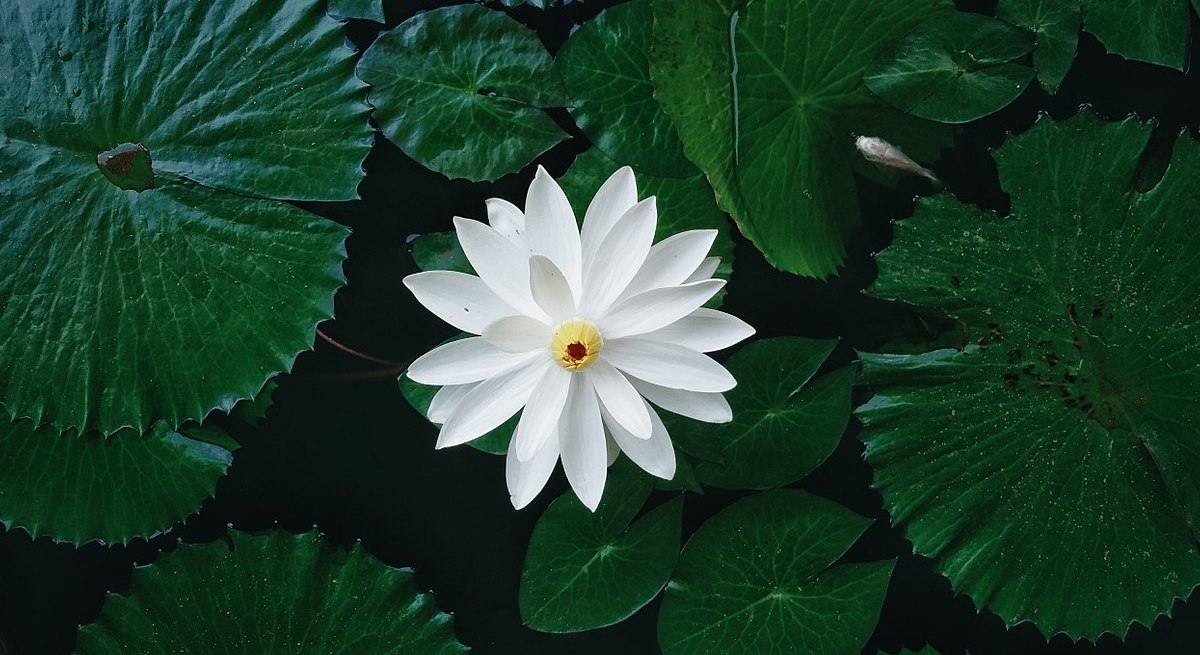
The Nymphaea lotus, otherwise known as the Egyptian lotus, has been an important flower in the country for thousands of years.
While it was not as favored as the blue lotus, this flower also grew on the Nile and was used by common folk and royalty alike during celebrations. It was a symbol of the unity of Upper and Lower Egypt, and remains associated with rebirth.
Due to its significance in both Egypt’s history and modern culture, the lotus has earned its place as the country’s national flower.
The white lotus has gained even more meanings in modern times, making it an appropriate gift for several occasions. For example, its white petals are symbolic of devotion and purity, so the flowers could be a good choice for weddings.
Aside from such ceremonies, they are also used in flower arrangements to wish someone good health or to congratulate a couple on their new baby. It is also a popular choice to have the flower incorporated into jewelry, as the lotus could also serve as a symbol of strength and hope.
Jasmine
Unlike the lotus, jasmines are native to tropical Asia and parts of China rather than Egypt; but that does not take away from their local popularity.
In fact, Egypt and India are the world’s foremost producers of jasmine flowers, accounting for 95 percent of the market share, according to the International Federation of Essential Oils and Aroma Trades (IFEAT).
The motivation behind such a feat is not difficult to understand given the flower’s pleasant scent as well as its symbolic meanings. Jasmines are associated with love, beauty, and sensuality, as well as respect and amiability.
As such, they are the perfect flowers to get for romantic occasions like weddings and anniversaries, or even as a simple gift to express admiration.
Bird of Paradise
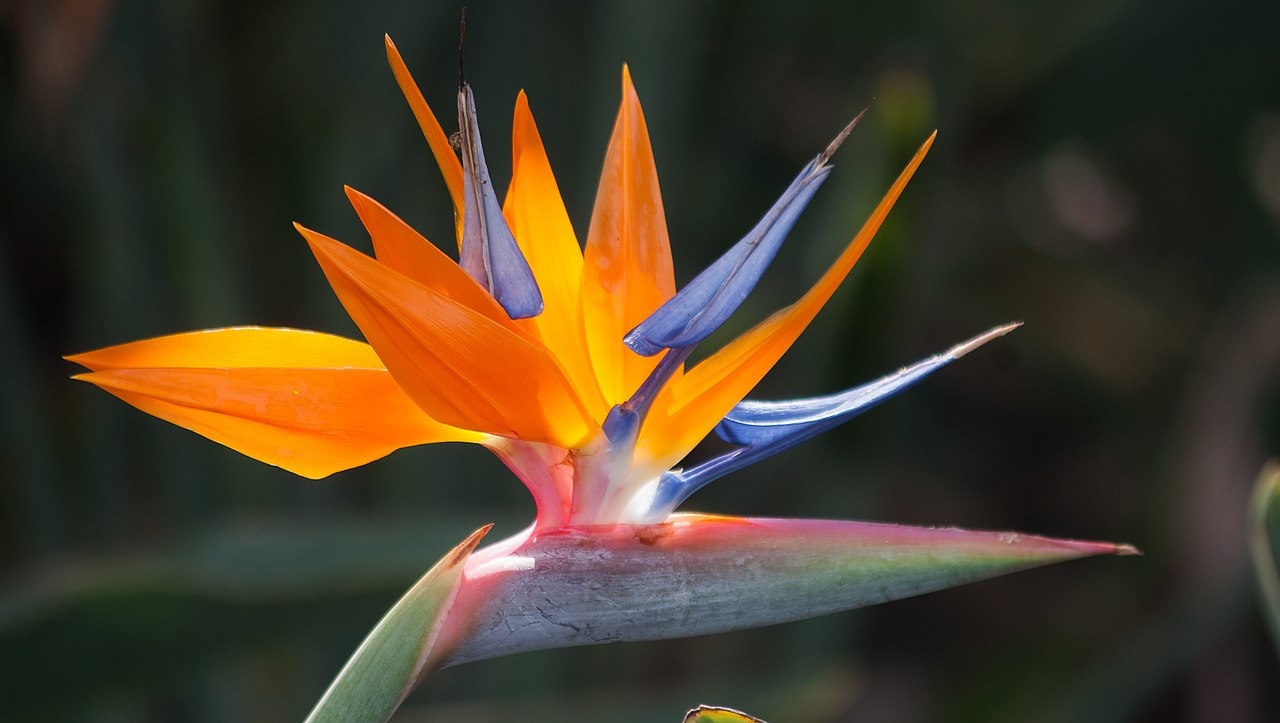
The bird of paradise is another flower that has been around since ancient times. Its unique appearance has fascinated several cultures over the centuries, causing it to have different associations across the globe.
In ancient Egypt, the flower stood for fertility and rebirth, as these were the symbols usually attributed to actual birds. In other parts of the world, the bird of paradise has been associated with freedom, loyalty, love, joy, friendship, and more.
These flowers are particularly suited for commemorating celebrations of achievement, such as graduations or promotions. That being said, with its striking colors and versatile meanings, birds of paradise are suitable for nearly all occasions.
Blue Water Lily
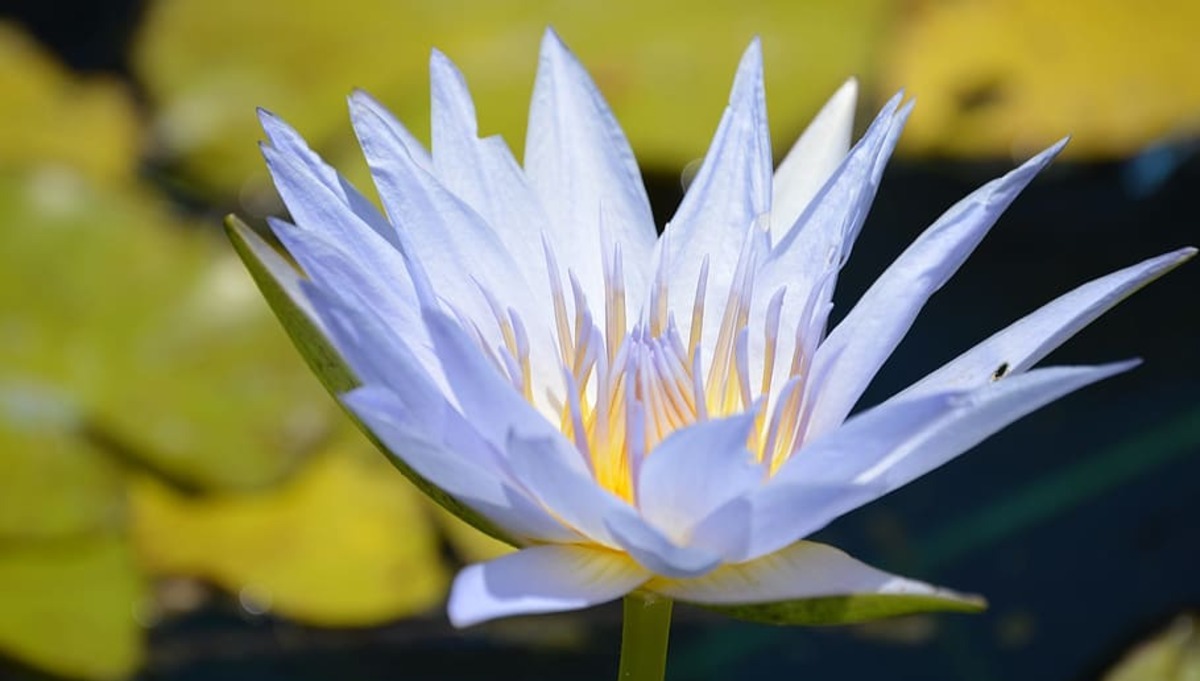
The blue water lily, sometimes referred to as the blue lotus, is another flower with a breadth of meaning behind it. Distinct from the white lotus, the blue water lily is a second, more fragrant flower that grows on the Nile.
To the ancients, it was a symbol of the sun, rebirth, and regeneration, as it would close during the night and bloom during the day. It was often prominently depicted in ancient Egyptian paintings and was found on the tombs of pharaohs.
The flower held such significance that when archaeologists discovered King Tutankhamun’s tomb in 1922, one of the three coffins was covered in disintegrating lotus petals.
Today, the lotus retains its original meanings while also having gained others. The flower is associated with beauty and peace as well as wisdom and recovery. Because of this, they serve as meaningful gifts to both commemorate happy occasions or wish someone a speedy recovery.
Subscribe to the Egyptian Streets’ weekly newsletter! Catch up on the latest news, arts & culture headlines, exclusive features and more stories that matter, delivered straight to your inbox by clicking here.
Subscribe to our newsletter










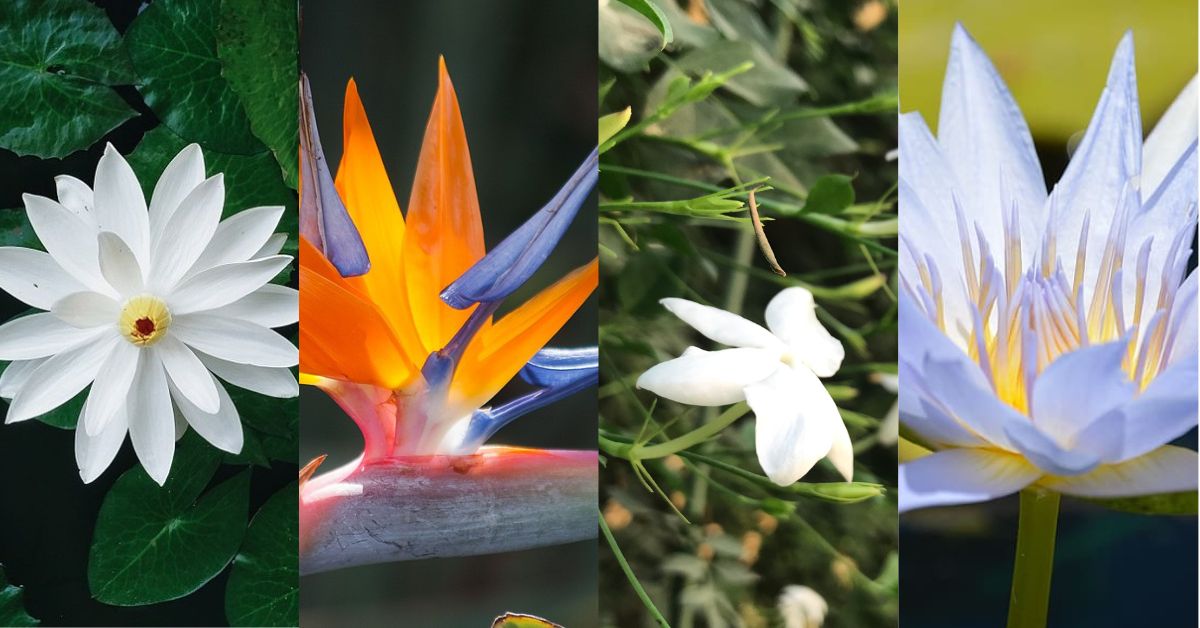
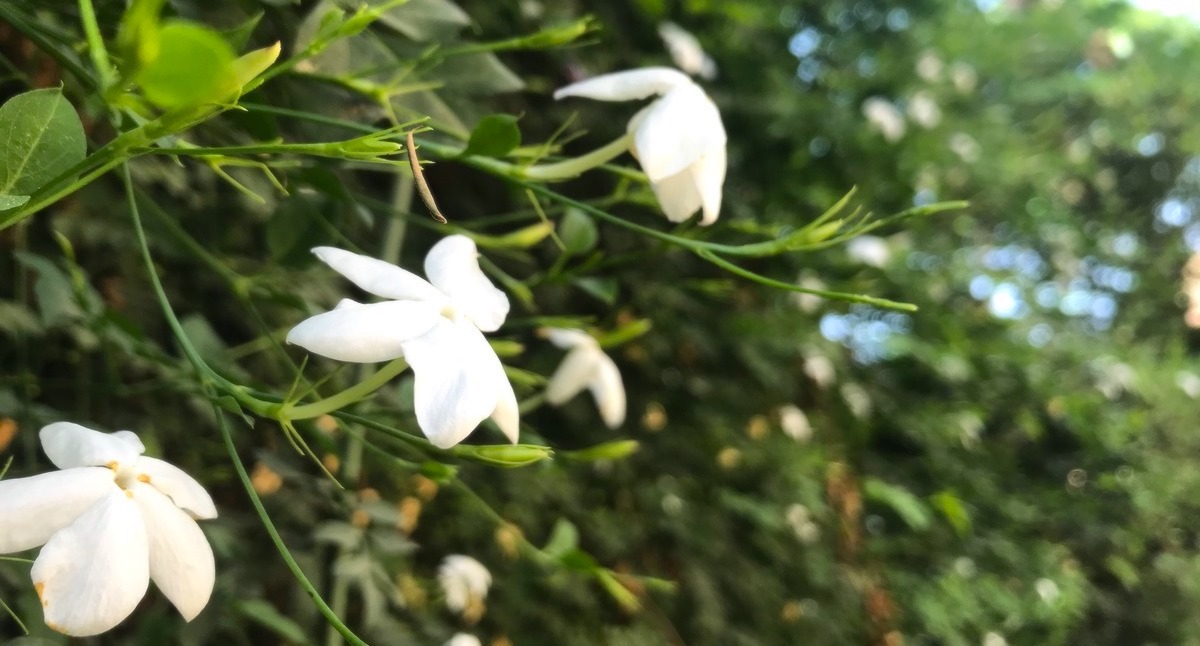
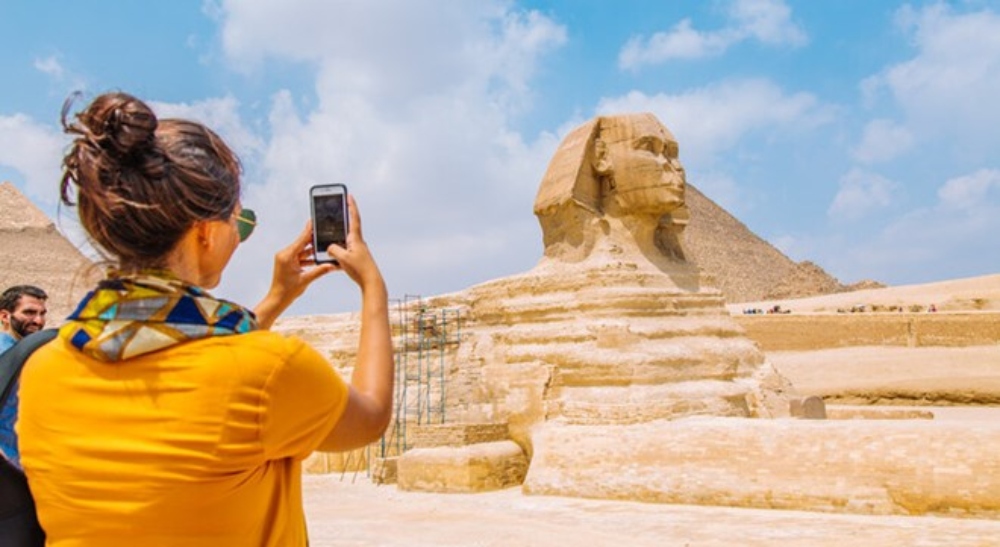









Discussion about this post